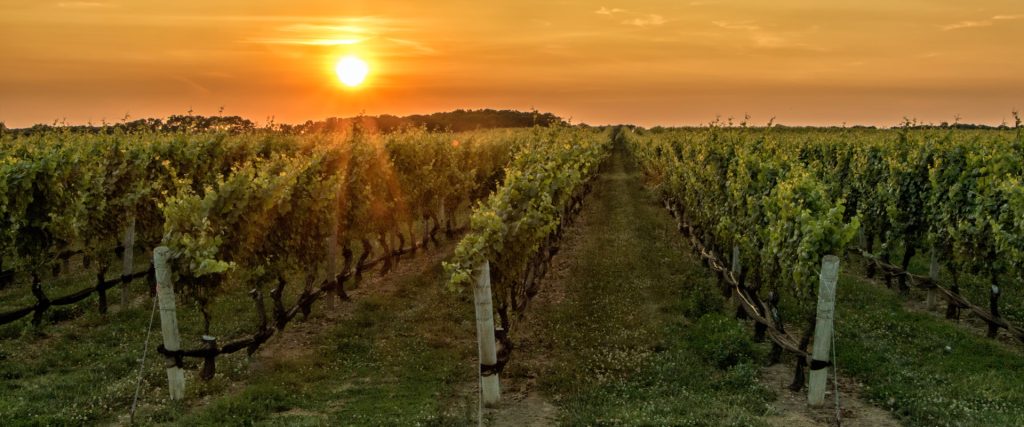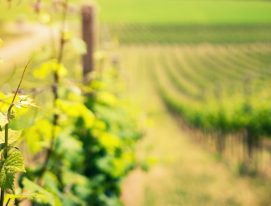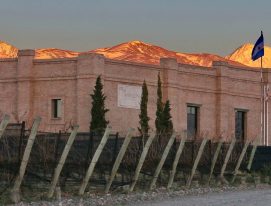The number of Argentine wineries certified in sustainability with the support of Wines of Argentina (WofA) is now into double figures. The body’s mission is to promote Argentine wine across international markets and part of its strategy is to encourage initiatives that facilitate a more sustainable, diverse and inclusive viticultural industry, which is why the Program to Support the Bodegas de Argentina (BdA) Sustainability Protocols Certification was created as part of Sustenta-Vitis, WofA’s comprehensive sustainability plan for Argentine Wine, made possible by AL-INVEST Verde and financing from the European Union.
Wineries certified in sustainability
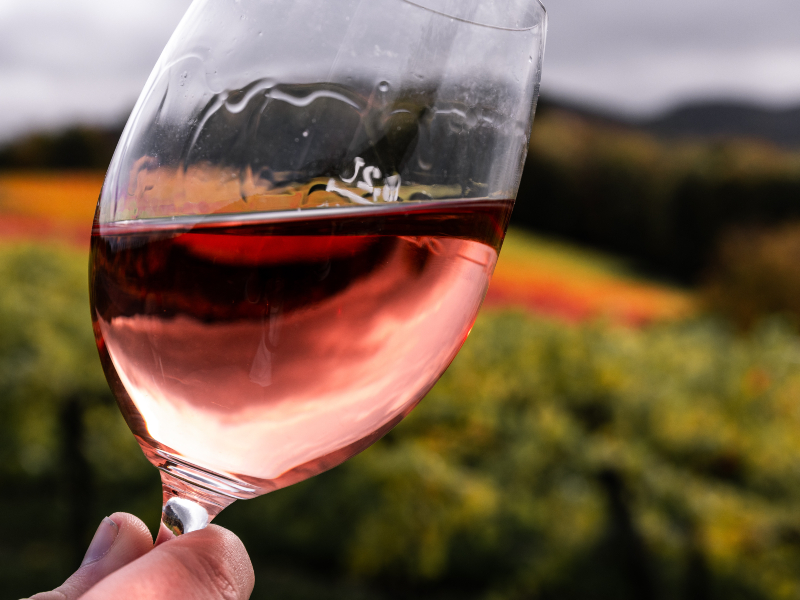
“We set out on a path to help wineries who need to be part of sustainability initiatives,” explains Magdalena Pesce, CEO of Wines of Argentina, the organization that makes the payments to the certification body.
Although there are other tools such as the Sustainability Guide for Argentine Viticulture provided by the Argentine Viticultural Corporation (Coviar), Magdalena notes that the tool developed by BdA has, to date, the largest number of wineries certified in sustainability in the country and has been approved in a range of markets – Finland, Norway, Sweden, the United Kingdom and Montreal, Canada. “It’s important that Argentina has reliable tools with which to demonstrate its sustainable credentials to the world.”
The Self-Evaluation Protocol for Viticultural Sustainability provided by Bodegas de Argentina is part of the Sustainability Program for the Argentine Viticultural Industry which seeks to strengthen the environmental, social, economic fabric of the Argentine wine industry and also to improve its long term competitivity.
The self-evaluation has 14 chapters, which include management of water use, care of the soils, waste management, community contribution and even maintaining air quality. The different stages run from self-evaluation through to implementation and verification inspection, which is carried out by international certifiers such as Bureau Veritas, DNV GL, Ecocert Argentina, IRAM, Letis, OIA Organización Internacional Agropecuaria, SGS Argentina and Schutter Argentina.
By August 2023, there were 181 wineries certified in sustainability while 50 have been re-certified.
Sustainability in the flesh
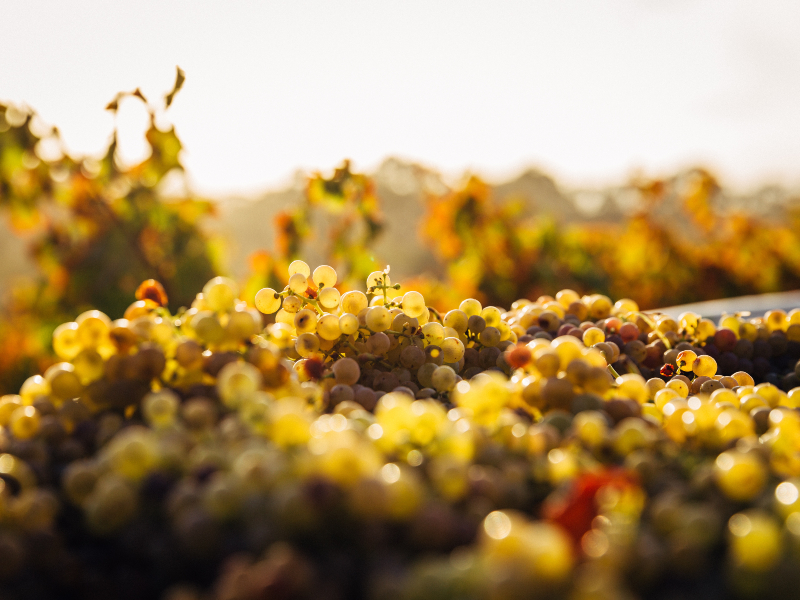
The protocol now covers wineries and vineyards certified in sustainability in Mendoza, San Juan, Salta, San Rafael and Río Negro, and is set to add many more from Mendoza and Salta along with Buenos Aires and Neuquén for the first time.
The beneficiaries include the Grupo Colomé (which is made up of Colomé and Amalaya). Lourdes Casasola, the organization’s Head of Social Responsibility and Environmental Management believes that the best aspects of the program are the financial support and training in social and production issues which have allowed them to expand the sustainability initiatives they were already running.
By 2024, the group will have certified two wineries and six vineyards. Colomé was also a pioneer in the implementation of social programs in the Calchaquí Valleys with development initiatives running in three Salteñan municipalities: Molino, Cafayate and Payogasta. “We have a social development plan encompassing 7 programs, over 21 sub-programs and 50 small project initiatives,” reports Lourdes. They include support for schools, housing improvements, optimizing the water distribution network and a round table for the indigenous peoples of the valley.
To the south, more wineries certified in sustainability are to be found. Secreto Patagónico is a small winery in San Patricio del Chañar which has also begun the certification process with 100% of their vineyards transitioning to organic production.
Tomás Groppo, the General Manager at the winery, remembers that the drive to implement these methods began 20 years ago. “We aimed for a circular economy. We built a composting facility to process the must, stalks and other waste from the winemaking process and now they come back as compost. We want to make a product that is healthy, delicious, excellent quality and reflects the terroir. That goes hand in hand with sustainability.”
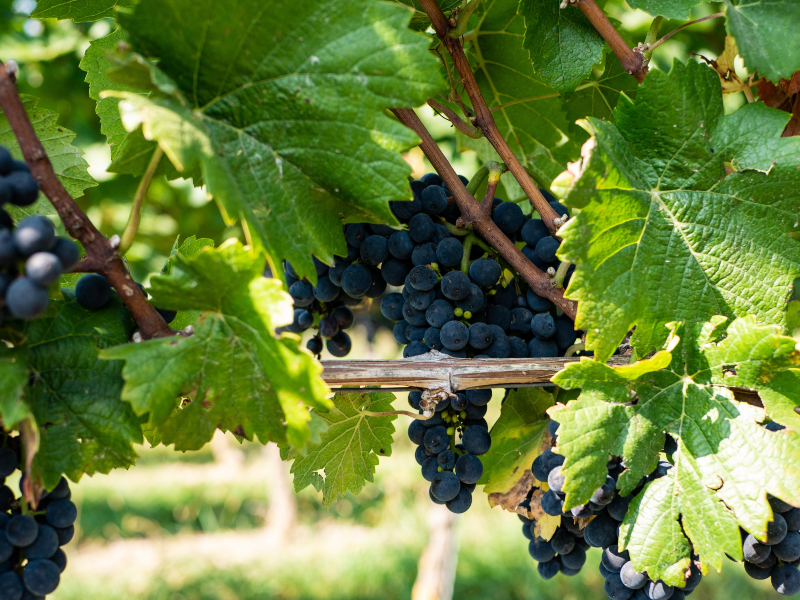
He says that the improvements are obvious. “In Patagonia we are very exposed to the sun and one of our problems was scorching. When we stopped using glyphosate, the soil began to get covered and sunlight was deflected from the roots. All the sustainability initiatives we’ve applied have improved the overall quality.” His objective is to become the first 100% organic winery in the area across the entirety of its 50-hectare span.
Furthermore, all the wineries of San Patricio del Chañar became pioneers in the use of drip irrigation across the entirety of their vineyards, meaning that they were able to optimize water resources during the 2023 harvest and will do so again in 2024. “It’s not just more sustainable in terms of water use, it also reduces costs elsewhere because it reduces our energy use,” says Groppo.
In Balcarce, Buenos Aires Province, the winery Puerta del Abra set out on the path to sustainability a year ago. Delfina Pontaroli, the oenologist at the winery which began as a family project and is now a leading institution in the area, explained that they began with certification in good agricultural and manufacturing practices before moving on to become one of the wineries certified in sustainability through the BdA protocols.
“We started by organizing our practices in the field and the winery to make efficient use of resources through precise management of irrigation and anti-frost activities, managing waste from the winery to prevent pollution and reclaiming some of the water for cleaning. We’re currently in the process of implementing waste management protocols thanks to help from WofA with a technical team that has helped to come up with a plan of action to make better use of the byproducts from the winery and vineyard.”

